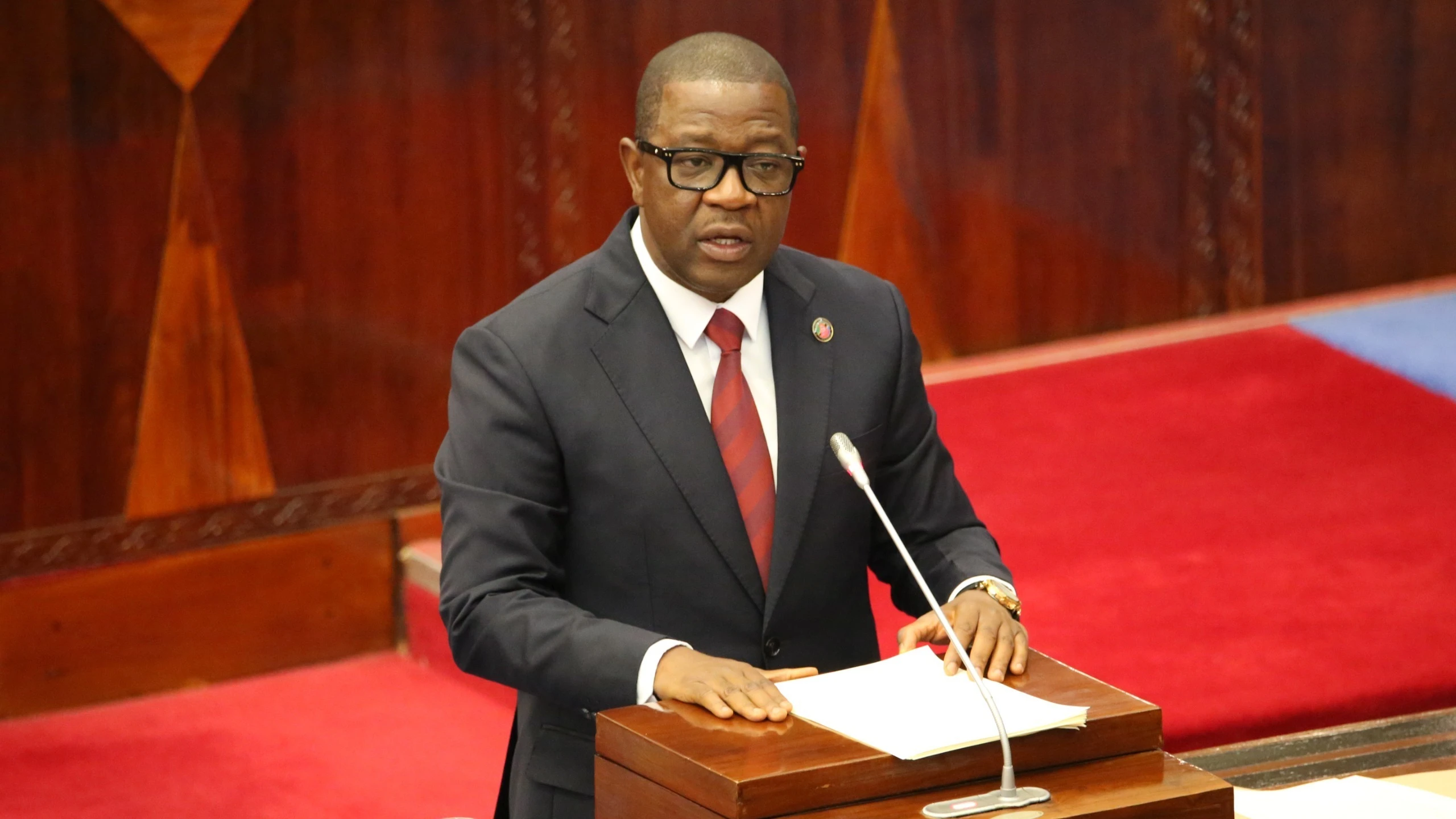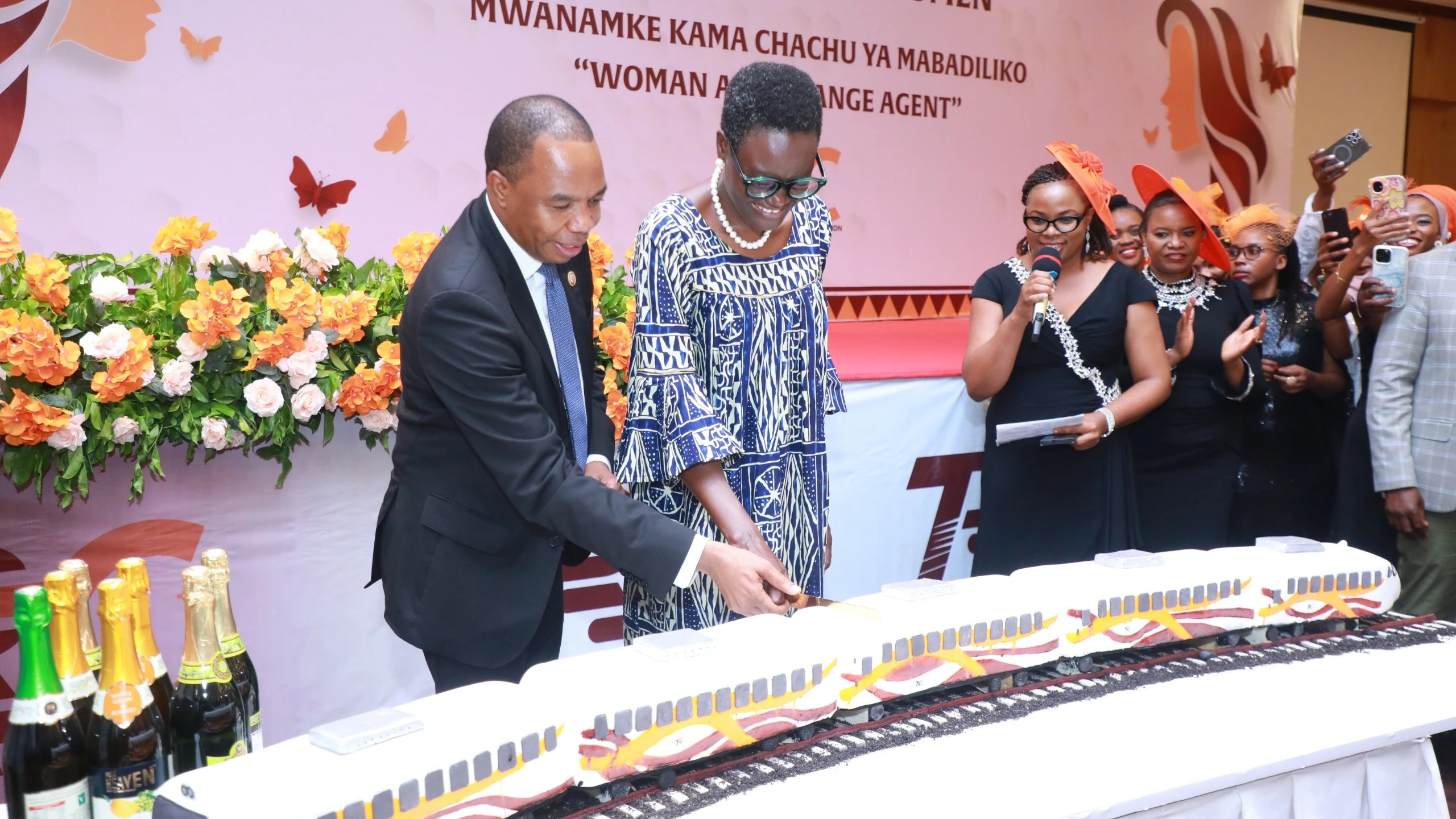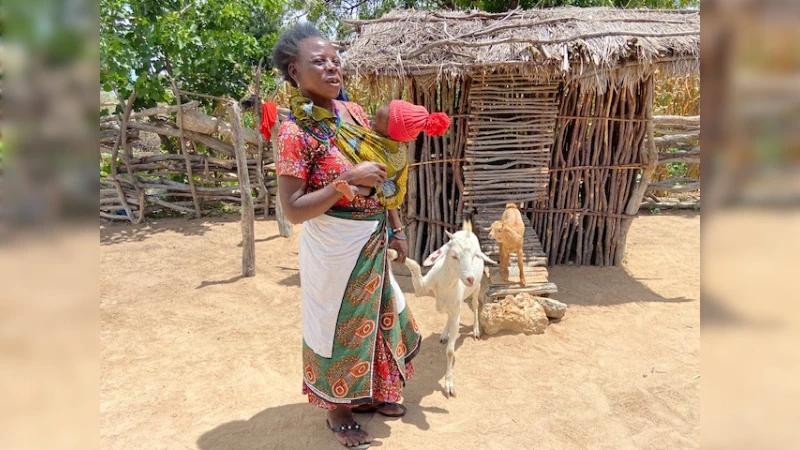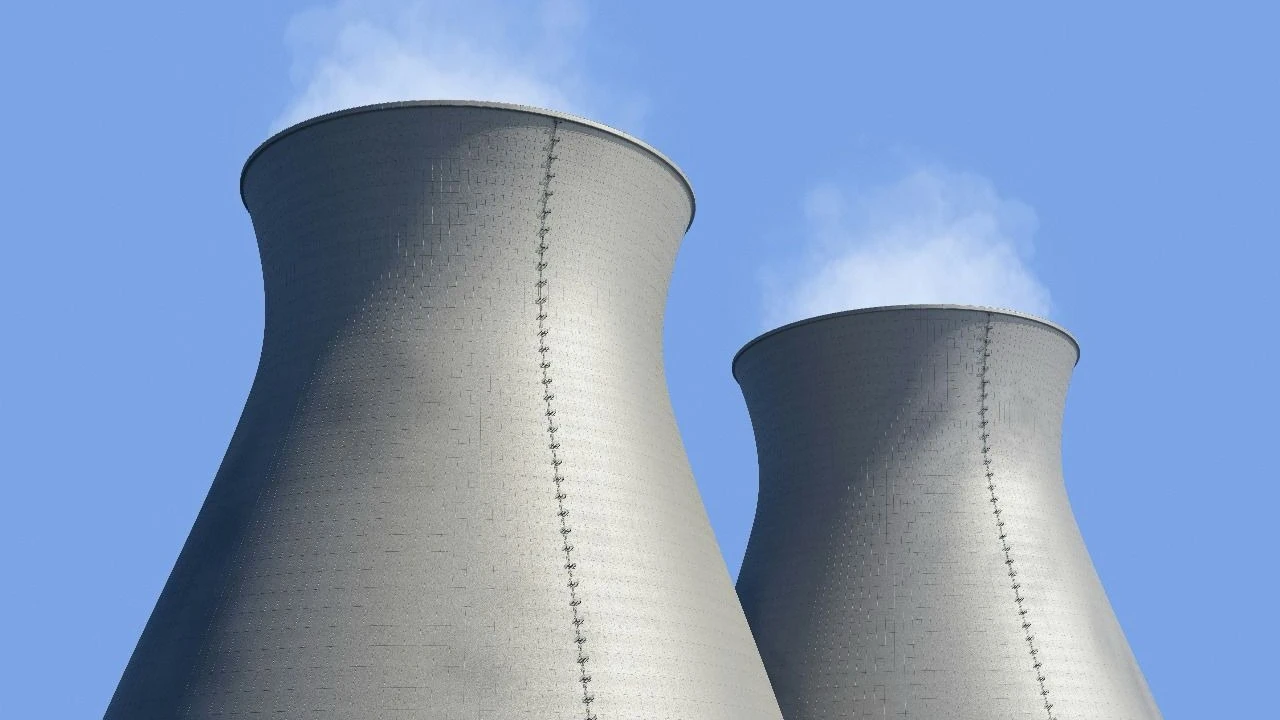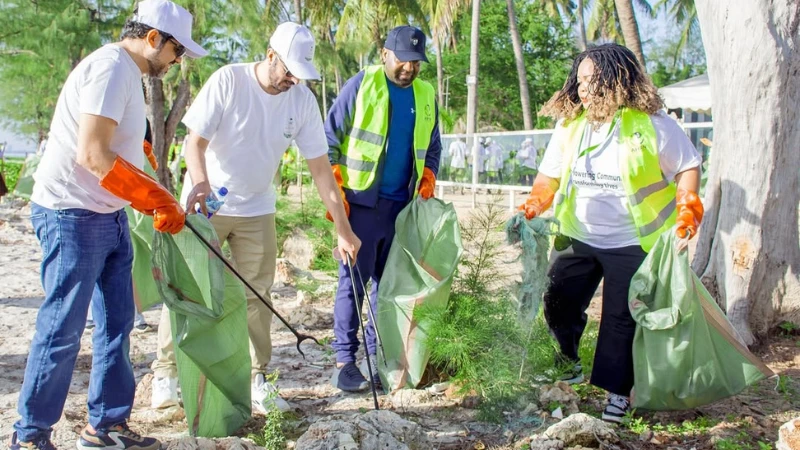Guardian of the peak: Saving Mount Kilimanjaro is saving ourselves
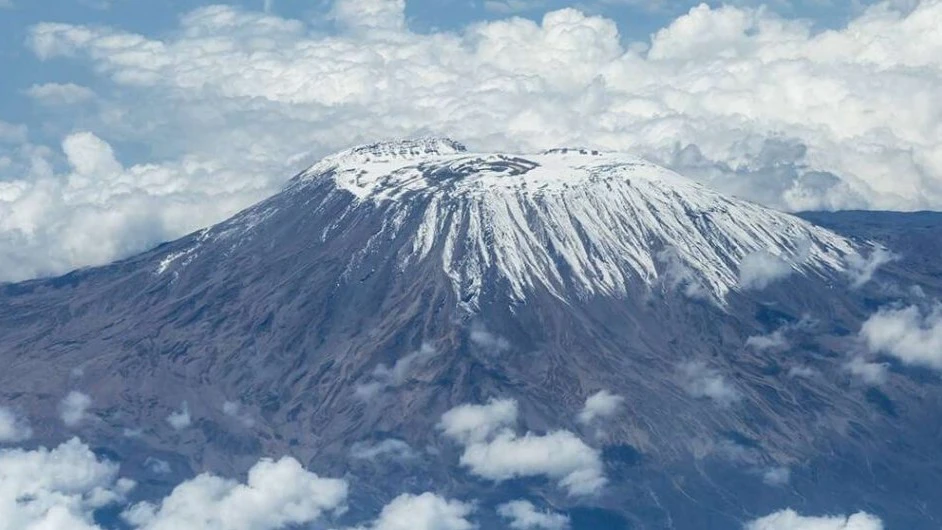
On May 10, 2025, a vital movement will be launched at Mlimani City: the premiere of Guardian of the Peak, a documentary that goes far beyond storytelling. It is a national call to action — a plea to save Mount Kilimanjaro before it is too late.
Led by directors Ram Ali and Elizabeth Mrembo, this project is more than an artistic achievement. It is a mirror reflecting our environmental failures and our duty to correct them. Mount Kilimanjaro, the “Roof of Africa,” stands not only as Tanzania’s crown jewel but as a global icon. Yet today, it is under siege — not by outside enemies, but by the slow, devastating forces of climate change and human neglect.
The evidence is painfully clear. Over the past century, Kilimanjaro’s majestic glaciers have shrunk by more than 80 percent. Studies project that if current warming trends continue, the mountain’s famous ice cap could vanish completely within the next two to three decades. It is not just ice we are losing; it is history, culture, livelihoods, and national pride.
Rampant deforestation, uncontrolled tourism, and changing weather patterns have accelerated the degradation of Kilimanjaro’s delicate ecosystems. Forests that once trapped moisture and fed rivers have been felled.
Fires, many caused by illegal farming and grazing activities, have stripped vast swathes of the mountain's slopes, turning once-verdant areas into barren lands. As tree cover disappears, the local climate grows hotter and drier, setting off a vicious cycle that hastens the glaciers’ retreat.
The melting of Kilimanjaro’s ice isn't just an aesthetic loss. It threatens the water supply for millions of people in the surrounding regions. Rivers fed by the mountain sustain agriculture, livestock, and communities all across northern Tanzania. The collapse of this natural water tower would bring ecological collapse, economic hardship, and even conflict.
Yet, too often, these warnings fall on deaf ears.
That is why Guardian of the Peak is so important. It seeks not only to inform but to inspire. The documentary is the second major film project following Nyara, which advocated against elephant poaching; and it expands its ambition even further. Through cinematic storytelling, it reminds Tanzanians — and the world — of what is at stake.
The film project also represents a strategic move to bring Tanzania’s beauty to international audiences, especially China’s booming tourism market. Our relationship with China has already shown great potential, and through cultural exchanges like this, we have the chance to enhance Tanzania’s global standing while gaining skills, resources, and networks for sustainable development.
Elizabeth Brown, CFO of Meticulous General Insurance, framed it perfectly: this documentary is a symbol of patriotism. It supports President Samia Suluhu Hassan’s vision of building Tanzania’s image globally, while reinforcing national unity at home.
But this effort must not end with a single film premiere. We must turn awareness into action.
As Joseph Kahama, Secretary General of the Tanzania-China Friendship Promotion Association (TCFPA) emphasized, environmental degradation is largely human-made — and that means it can be human-corrected.
Communities around Kilimanjaro must be empowered with education and alternative livelihoods.
Regulations must be strengthened to stop illegal activities on the mountain. Sustainable tourism practices, like those championed by companies such as Zara Adventure and its Zara Charity foundation, must be scaled up to ensure that conservation and economic development go hand in hand.
We must also reframe conservation not as a burden, but as an opportunity. Restoring Kilimanjaro’s forests, reviving its waters, and protecting its glaciers can create jobs, boost tourism revenues, and strengthen community resilience. It is an investment in a future that is both prosperous and sustainable.
The stakes could not be higher. Losing Kilimanjaro's glaciers would not only be a blow to Tanzania’s tourism industry — which contributes over 17 percent of the country's GDP — but it would also damage our credibility in global climate discussions. How can we advocate for international support when we fail to protect our most iconic natural heritage?
The time to act is now. Not next year. Not in the next development plan.
Guardian of the Peak is not just a documentary. It is a wake-up call. A call to every Tanzanian — from the policymakers in Dodoma to the farmers at Kilimanjaro’s foothills — that saving this mountain is saving ourselves.
Our ancestors looked to Kilimanjaro with reverence. They called it a sacred place, a giver of life. Let us not be the generation that looks up to a barren summit and wonders why we failed to act.
Mount Kilimanjaro is calling. Will we answer?
Top Headlines
© 2025 IPPMEDIA.COM. ALL RIGHTS RESERVED












